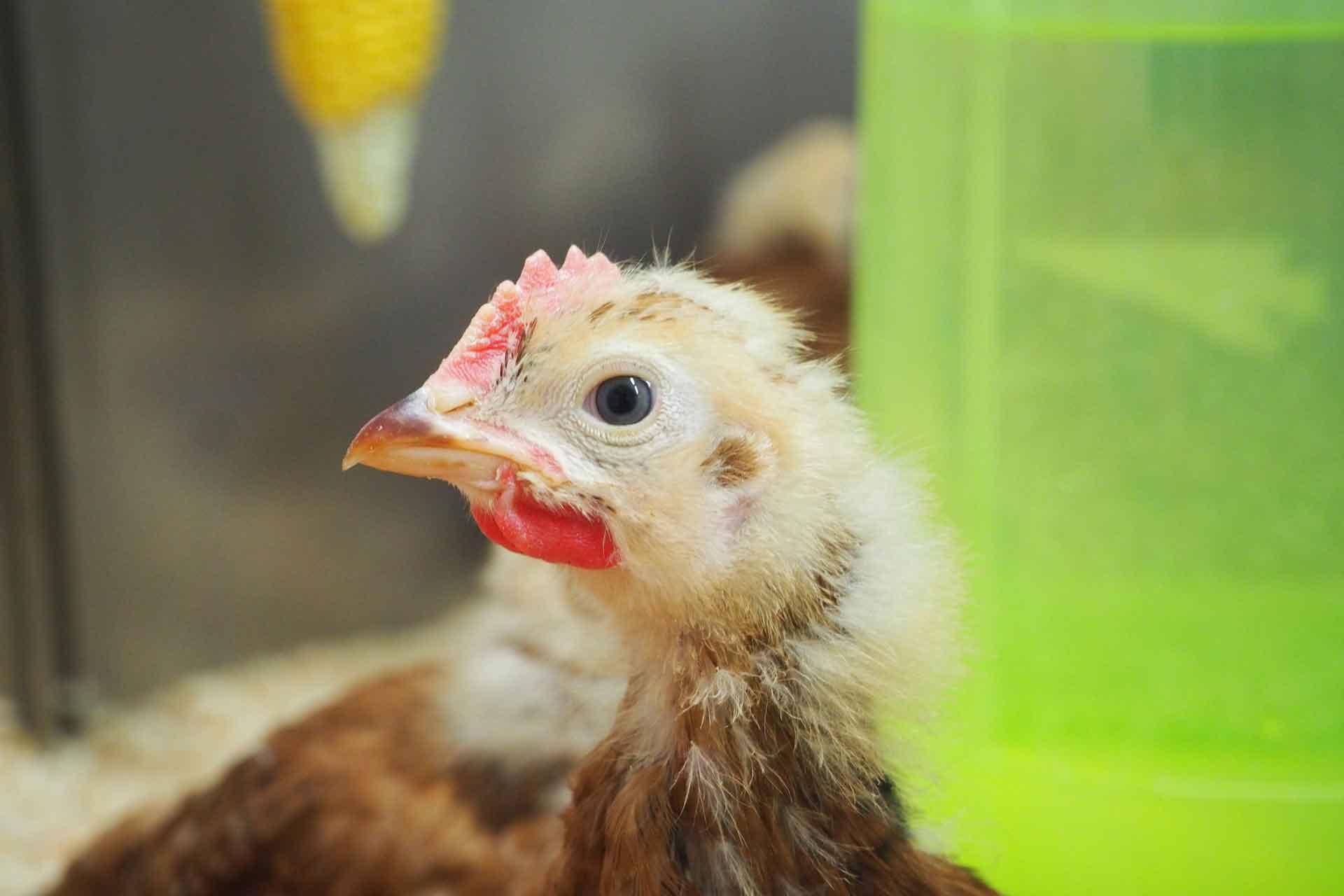A collaborative study led by The Pirbright Institute and Imperial College London has identified variations in the genes of chicken antiviral proteins called interferon-induced transmembrane proteins (IFITMs) which could have an impact on their ability to fight viral infections. This is the first study to look at the natural genetic variation of IFITM genes across breeds, which could be used to inform commercial poultry breeding.
Published in BMC Genomics, the team’s research highlighted that there were naturally occurring differences in IFITM genes between four different groups of chickens; commercial, inbred, indigenous and rare breed. There were genetic differences between geographically distant groups, but also within groups of related chickens. Some of these variations may alter the IFITM proteins, suggesting that they could have functional consequences and may affect the ability of chickens to fight different viruses.
Dr Mark Fife, Head of the Genetics and Genomics group at Pirbright, said “Now that we have identified these genetic differences, we can work towards understanding how they affect the birds’ responses to viral infections. If particular variations are found to provide extra protection, they could be selected for by commercial breeding programmes to help make chickens more resistant to economically important diseases”.
IFITMs are proteins found in many animals, including humans, that are activated by the immune system and stop viruses from entering and replicating in host cells. Changes in the genes of IFITM proteins can alter their activity and location, which has an effect on their ability to restrict viral infections.
Increasing the natural resistance of poultry to viral infections can supplement other ways of protecting food supplies, such as antibiotics and vaccines. This in turn will help to reduce industry losses and feed the growing global demand for poultry products, which by 2024 is expected to increase by over 20 million tonnes compared to 2015.
